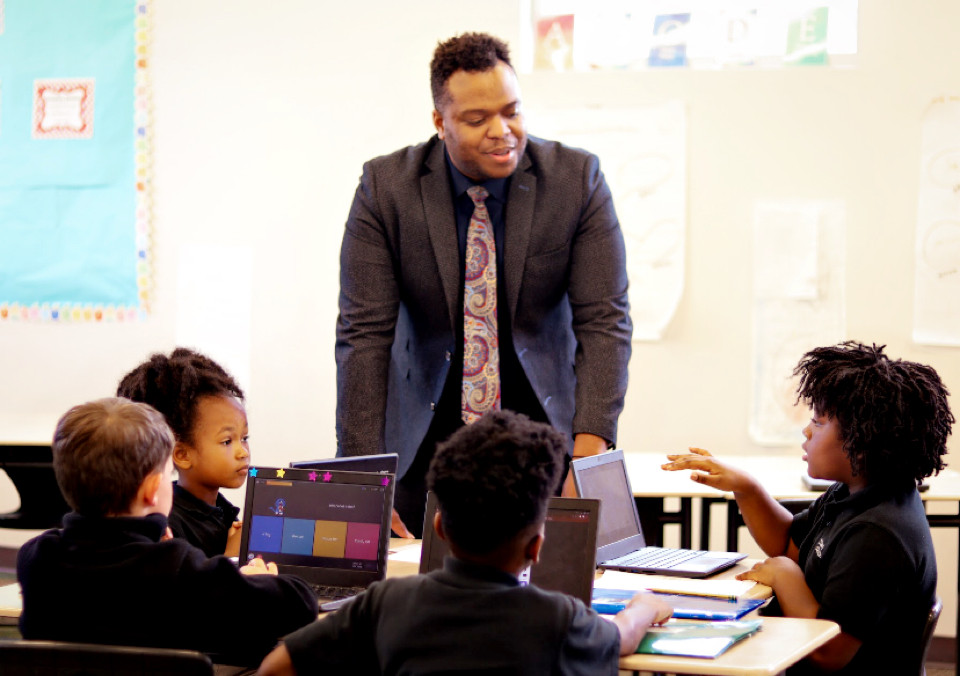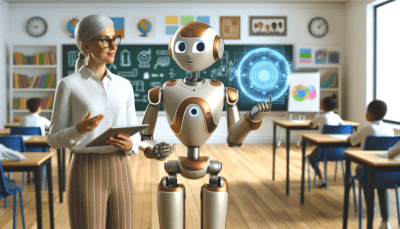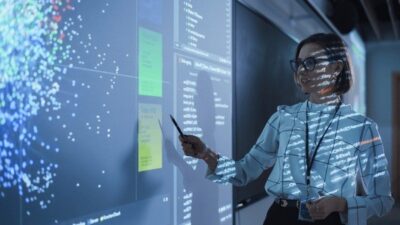

|
|
As I reflect on my journey into the field of education, I consider myself fortunate to have begun my teaching career in a pioneering school that embraced personalized learning — a concept both foreign and familiar to me.
Personalized learning
At the outset, personalized learning appeared foreign because it challenged the conventional norms of teaching. As a novice teacher, my initial approach was rooted in traditional methods, where I believed my role was to lecture and model concepts extensively. My discomfort with relinquishing control over my students’ learning paths was palpable. Mastery of standards, I thought, required a structured approach directed by the teacher. However, as my understanding of personalized learning deepened, I gradually shed my reservations and embraced its myriad benefits.
The transition from a lecturer to a facilitator marked a significant shift in my teaching philosophy. Implementing pathways, playlists, playways, and choice boards became instrumental in catering to individual student needs. Witnessing my students thrive as they worked at their own pace and engaged in activities aligned with their learning styles and preferences was a transformative experience.
The familiarity of personalized learning, though, stemmed from my own educational journey. I was fortunate to have encountered exceptional teachers during my formative years educators who, unbeknownst to them, were already employing personalized learning strategies. These educators understood the art of differentiation, personalized instruction, and meeting the diverse needs of each student. Their impactful teaching styles left an indelible mark on my approach to education.
Artificial Intelligence
As the education landscape evolves, the integration of Artificial Intelligence (AI) holds promise in revolutionizing teaching methodologies. I am particularly intrigued by its potential to assist teachers in differentiating assignments, activities, and assessments, providing tailored and data-driven instruction.
Already, the benefits of AI in education are becoming apparent. Teachers stand to gain from more efficient and personalized approaches to instruction. AI tools offer adaptive independent practices, granting students greater autonomy and control over their learning experiences. The prospect of increased student voice and choice is a testament to the transformative power of AI in the classroom.
Drawing from my experience as a teacher who embraced personalized learning, I recognize the time-consuming nature of creating divergent playlists tailored to students’ interests, learning styles, and abilities. The incorporation of AI in this process has the potential to significantly reduce the preparatory workload, allowing educators to redirect their focus towards other crucial aspects of lesson planning.
As we anticipate the continued progression of technology, the role of AI in education excites me. The prospect of witnessing students grow and excel with the integration of AI is a testament to the ever-expanding horizons of educational possibilities.
The intersection of personalized learning and AI heralds a new era in education — one in which teachers become facilitators of personalized journeys, and students are empowered with greater autonomy and choice. As I eagerly await the unfolding chapters of this technological evolution, I am optimistic about the positive impact it will have on shaping the future of education. Through the seamless integration of AI, we are not just enhancing education; we are empowering the next generation of learners.





